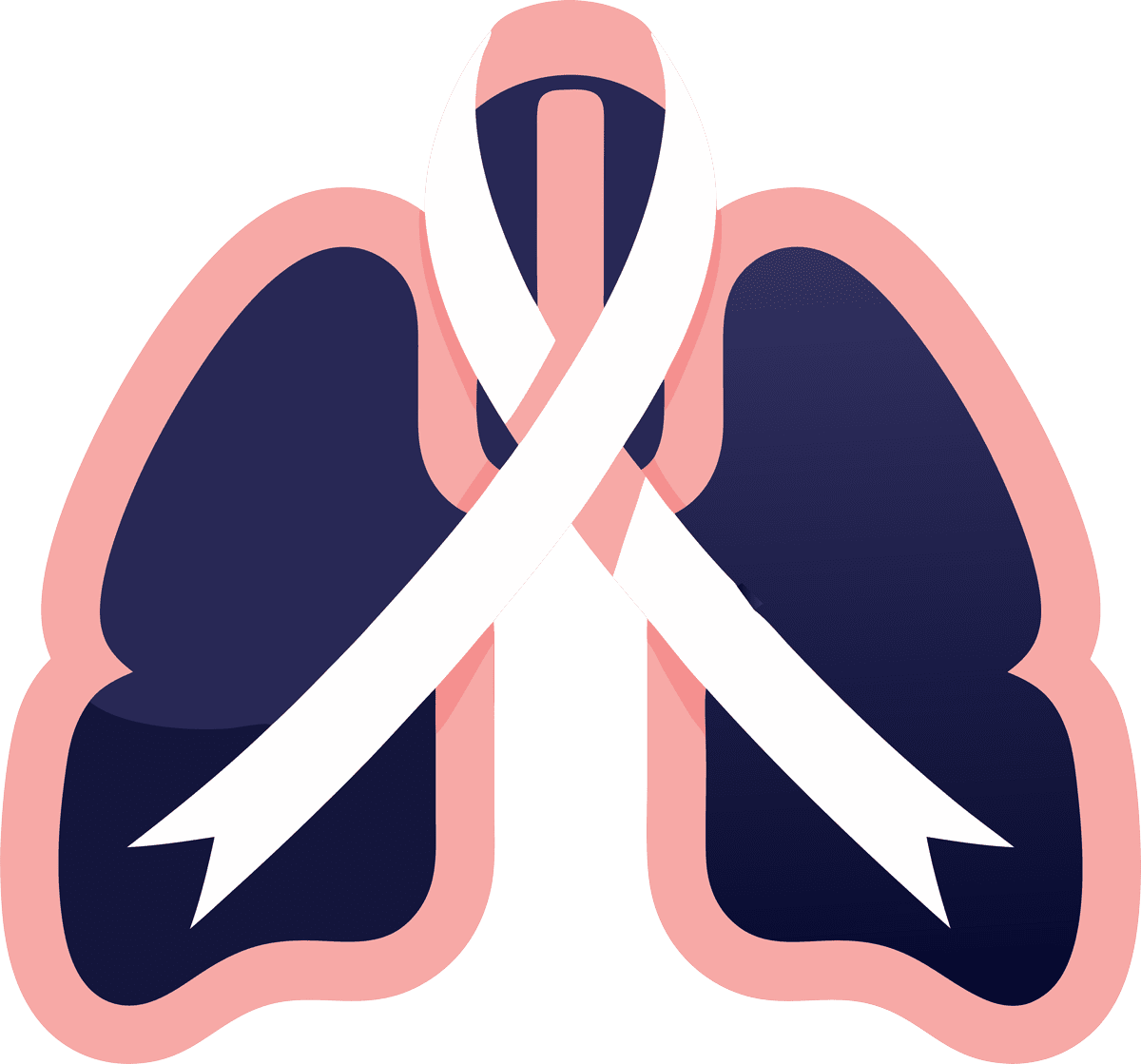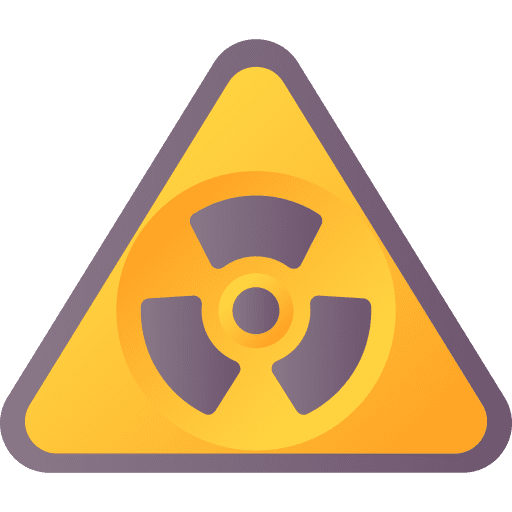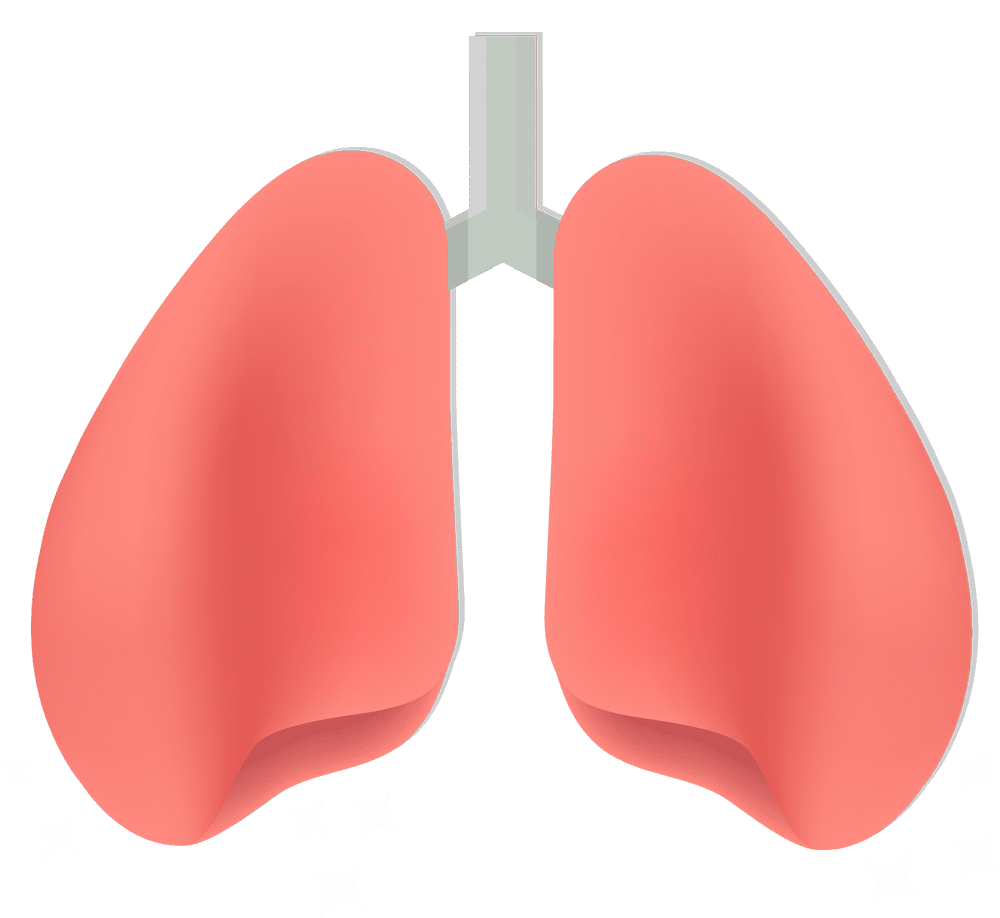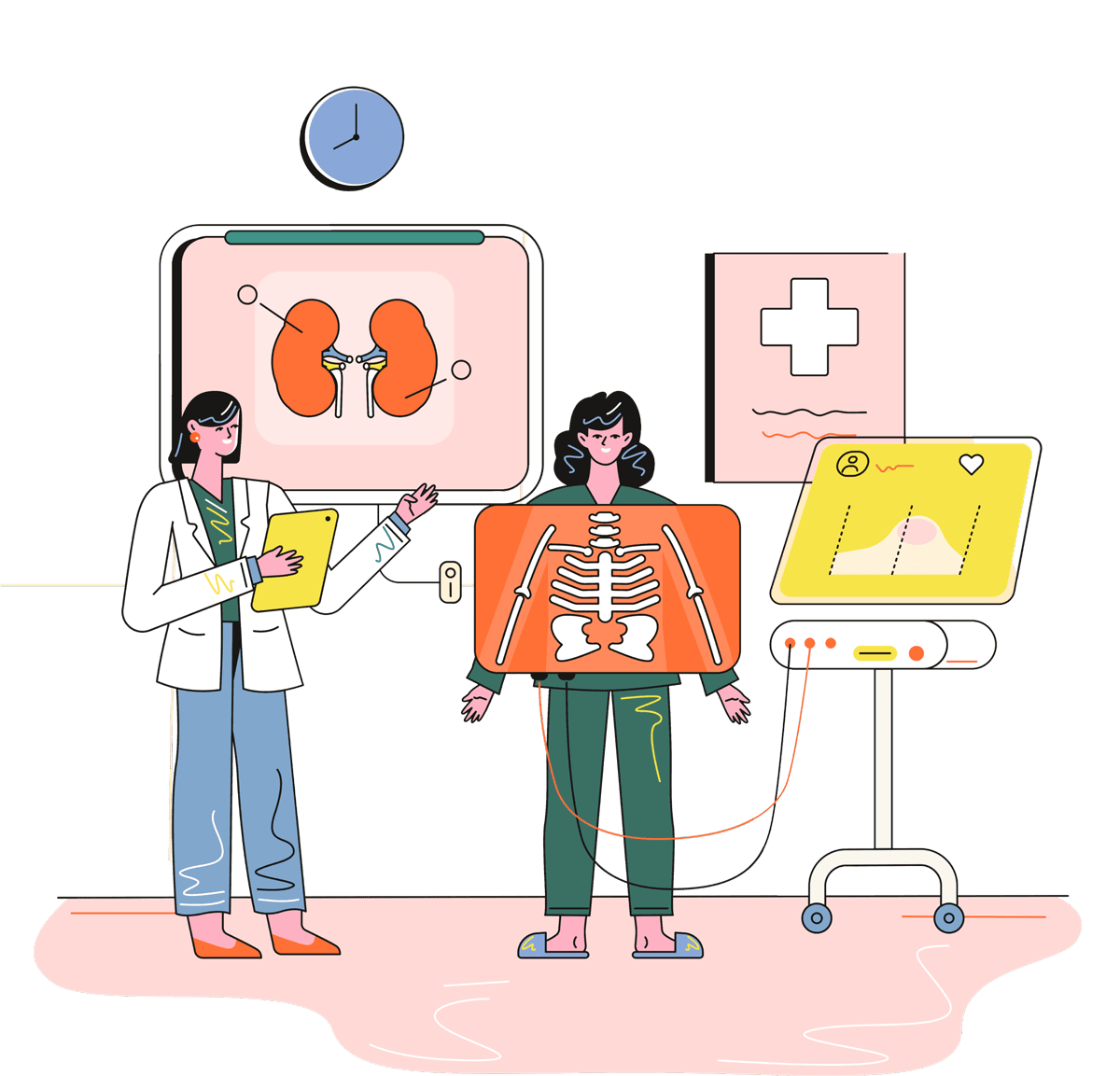Lung Cancer Awareness Month
November is Lung Cancer Awareness Month, a time to shine a light on the leading cause of cancer death in the United States. At CHCW, we’re committed to raising awareness about lung cancer risks, promoting prevention strategies, and encouraging early detection. Whether you’re a current smoker, a former smoker, or someone who’s never smoked, this observance is for you.

Prevention Starts with Tobacco-Free Living
Smoking causes 80–90% of lung cancer deaths in the U.S., making tobacco use the most significant risk factor.
But there’s good news: quitting smoking at any age can reduce your risk and improve lung health.
Here are four tips to help you or a loved one move toward a tobacco-free life:
Set a quit date and make a plan:
Choose a meaningful day to stop smoking and outline steps to prepare—such as removing cigarettes, identifying triggers, and informing your support network.

Find support:
Join a local or online cessation group, talk to a counselor, or use free resources like 1-800-QUIT-NOW for guidance and encouragement.

Use nicotine replacement therapy (NRT):
Products like patches, gum, or lozenges can ease withdrawal symptoms and double your chances of quitting successfully.

Replace the habit with healthy alternatives:
Chew sugar-free gum, take a walk, or practice deep breathing when cravings hit. Building new routines helps retrain your brain and reduce relapse.


Radon and Environmental Risks
Radon exposure is the second leading cause of lung cancer. This odorless gas can seep into homes from the ground and accumulate to dangerous levels.
-
Test your home for radon—especially if you live in older buildings or areas with high radon levels.
-
Reduce exposure to workplace carcinogens, such as asbestos, diesel exhaust, and other chemicals.

Lifestyle and Protective Factors
While not all lung cancers are preventable, healthy habits can lower your risk:
- Eat a diet rich in fruits and vegetables, which may offer protective benefits.
- Stay physically active to support overall immune and respiratory health.
- Avoid high-dose vitamin supplements unless prescribed—some studies show they may increase risk in smokers.
Early Detection Saves Lives
Lung cancer often shows no symptoms until it’s advanced. That’s why screening is critical for high-risk individuals, especially those aged 50–80 with a history of heavy smoking.
- Low-dose CT scans can detect lung cancer early, when treatment is most effective.
- Talk to your provider about whether screening is right for you.

Visit a CHCW clinic near you
Find your nearest CHCW Clinic, or visit our resources
